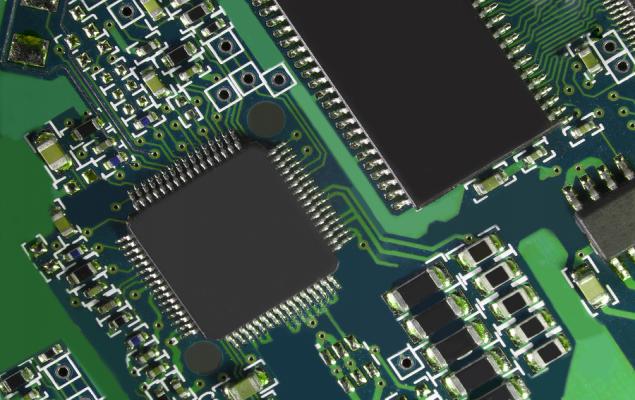Rigetti Computing RGTI is quietly setting itself apart in the quantum computing space by offering pulse-level access to its quantum processing units. This feature gives developers far greater control over how they manipulate qubits, going beyond standard gate-level commands to directly shape the pulses that drive quantum operations. For researchers and developers working on cutting-edge quantum algorithms, this level of control unlocks new possibilities in customizing gates, fine-tuning error correction, and testing novel optimization techniques. In a field where many platforms feel like closed black boxes, Rigetti is positioning itself as an open, customizable alternative—something that could be key as real-world use cases start to emerge.
What makes Rigetti even more interesting is how seamlessly this deep-level access fits into its broader Quantum Cloud Services platform. Developers can toggle between high-level coding in Quil and low-level pulse programming without switching environments, thanks to the company’s integrated full-stack design. This approach not only supports experimentation but also helps speed up the journey from research to real applications, making Rigetti especially appealing to government labs, universities, and advanced R&D teams.
Arqit Quantum Inc. ARQQ has been making strategic moves in the quantum-safe encryption space. In June 2025, it joined the Oracle Defense Ecosystem, which grants it access to Oracle’s global sales channels, Cloud Marketplace, and Secure Cloud Computing Architecture compliance tools, providing strong validation for its SKA Platform in defense and government applications. Earlier in May, Arqit acquired Ampliphae’s encryption intelligence IP, enhancing its portfolio to include encryption vulnerability analytics —a clear step toward offering comprehensive, quantum-resilient cybersecurity solutions.
Quantum Computing Inc. QUBT has accelerated its commercial photonic ambitions recently. In June 2025, it closed a $200 million private placement, bringing its cash reserves to over $350 million to support the launch of its Tempe, AZ, photonic chip foundry. The foundry, which officially opened in May, is already shipping chip components and has followed this with the delivery of its first commercial photon source to South Korea, signaling real-world supplier traction.
Shares of RGTI have lost 11.5% in the year-to-date period against the industry’s growth of 16.1%.
Zacks Investment Research
Image Source: Zacks Investment Research
Story Continues
